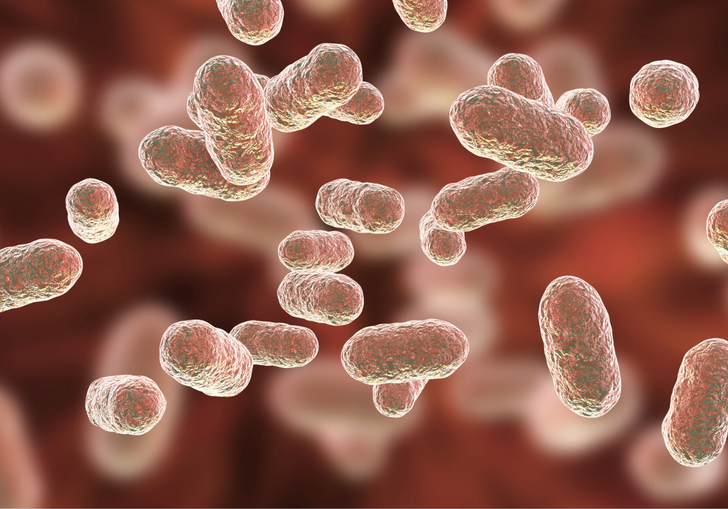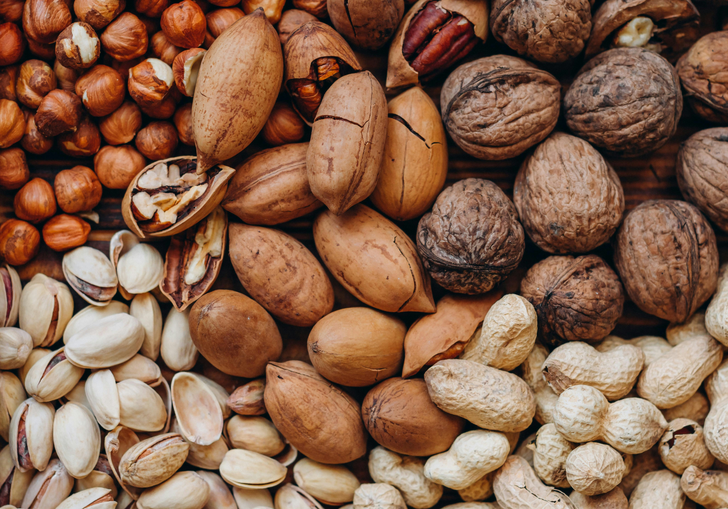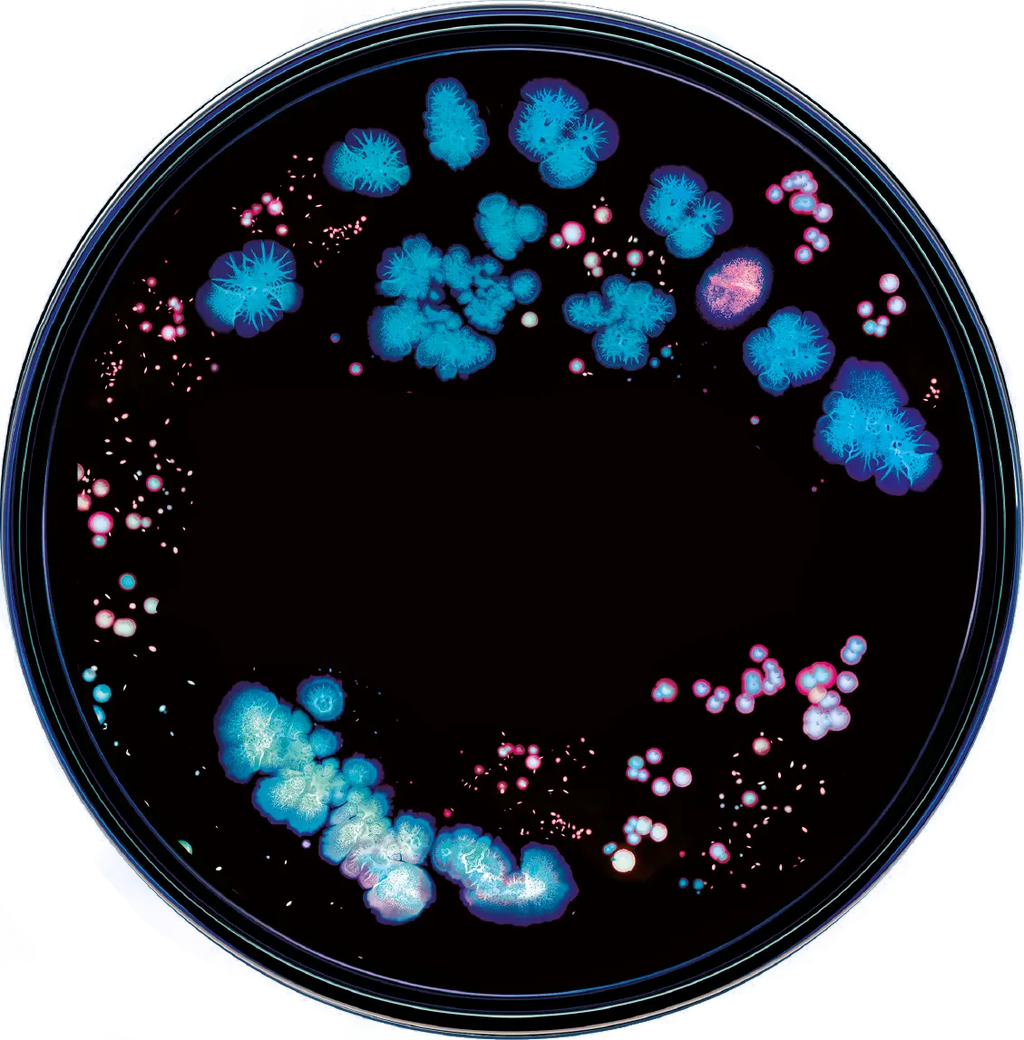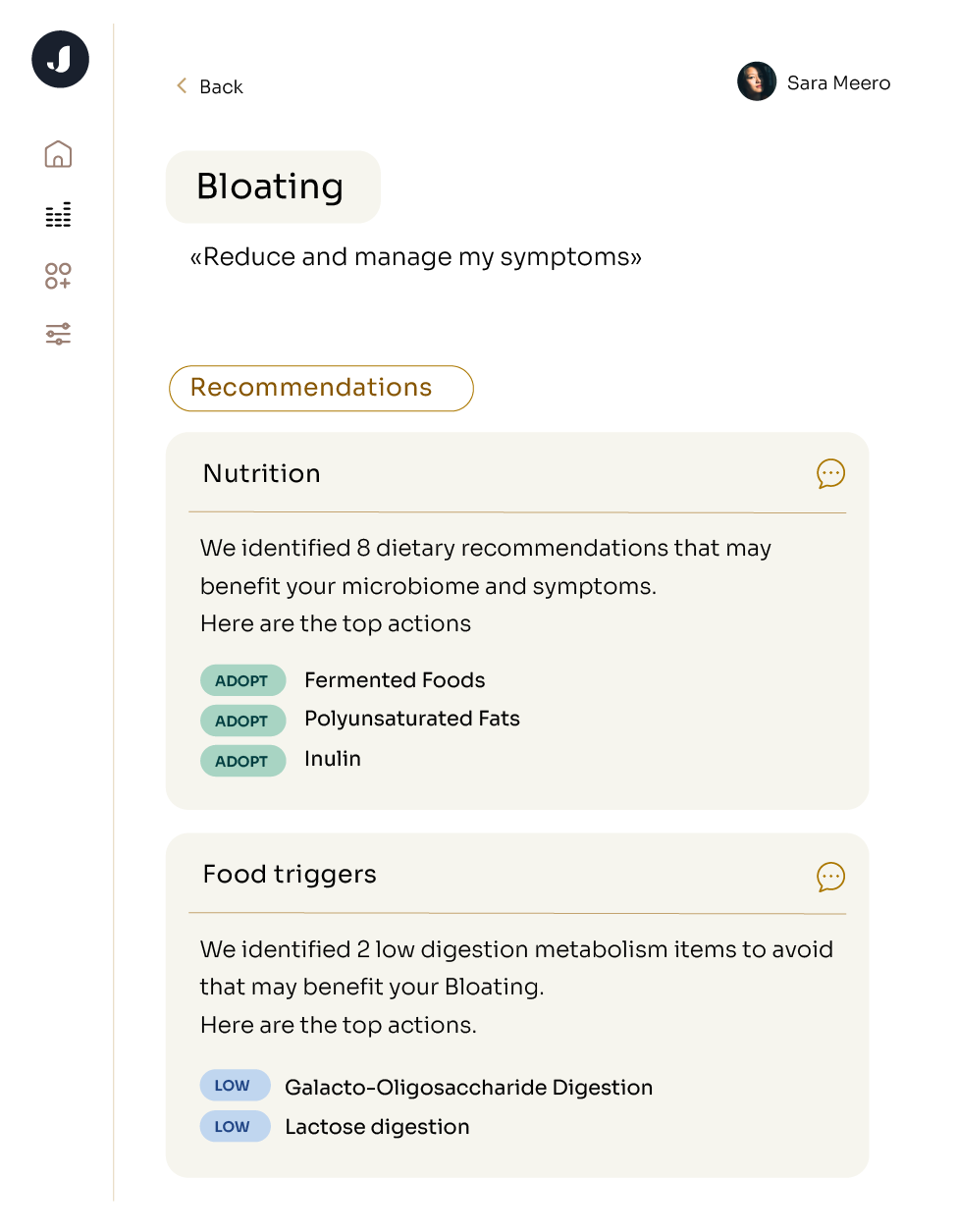Superfoods come in a wide variety of categories, each with unique benefits for gut health like supporting a healthy microbiome, reducing inflammation and gut permeability and promoting nutrient absorption. Let's explore each category and how they can transform your gut health.
When it comes to superfoods for gut health, there are some specific options that stand out for their exceptional nutritional profile and ability to support digestive health. These superfoods are packed with essential vitamins, minerals and antioxidants that can promote a healthy gut microbiome and optimize digestion.
One superfood that deserves special mention is ginger. Ginger has long been used as a natural remedy for digestive issues, such as bloating, nausea, and indigestion. It contains compounds called gingerols and shogaols, which have anti-inflammatory and antioxidant properties that can soothe the digestive system. However, ginger dietary supplementation shows mixed results. Increased antiinflammatory faecalibacterium upon ginger supplementation may be countered by decreased abundance of antiinflammatory ruminococcus and, moreover, by increased proinflammatory enterobacteria. As such, a beneficial microbiome effect of ginger is not established.
Kimchi is another top superfood for microbiome health. Kimchi and its ingredients have antimicrobial and antioxidant effects that can help fight infection and inflammation. This dish also contains live bacteria cultures that can help to replenish and improve the gut microbiome. Probiotics help to restore and maintain a healthy gut microbiome, supporting optimal digestion and nutrient absorption. The lactobacillus and Leuconostoc bacteria that can be found in kimchi are particularly beneficial. Leuconostoc has shown promise in animal studies as a possible weight control organism and may be able to suppress the expression of fat-building genes.
Incorporating heart healthy oily fish, such as salmon and sardines, into your diet is another excellent way to improve gut health. Oily fish are packed with omega-3 fatty acids, which have anti-inflammatory properties and can help reduce inflammation in the gut. This can be particularly beneficial for those with conditions like inflammatory bowel disease (IBD).
By supplying your body with these nutrient-dense foods, you can contribute to your overall digestive wellness and experience the benefits of targeted gut health.
Diet diversity is a common piece of advice given to improve nutrition, but keep in mind to incorporate a variety of superfoods and other healthy options as opposed to processed foods and added sugar. By diversifying your diet in the right way, you ensure that you're getting a wide range of nutrients that support your gut health.
To maximize the nutritional benefits of superfoods, pay attention to how you cook them. Steaming, sautéing, or lightly roasting vegetables can help preserve their nutrients. Avoid overcooking or using excessive oil, as it can diminish the nutritional content.
Slow down and savor your meals. Take the time to chew your food thoroughly and enjoy each bite. Mindful eating allows your body to properly digest and absorb the nutrients from your food, leading to better gut health.
While it's great to incorporate superfoods into your diet, don't forget the importance of whole foods in general. Avoid heavily processed foods that can disrupt your gut microbiome and opt for whole, unprocessed foods as much as possible.
Drinking enough water is essential for maintaining a healthy digestive system. Adequate hydration helps soften stool, prevent constipation, and promote regular bowel movements.
Pay attention to how your body reacts to different superfoods.If you notice any adverse effects or discomfort after consuming certain superfoods, consider reducing or eliminating them from your diet.
By following these tips, you can optimize the benefits of superfoods for your gut health and experience a happier, healthier digestive system. Small changes can make a big difference, so apply these strategies into your routine and watch your health flourish.
Finally, we share some additional insights from Dr. Uma Naidoo. The MoodFoodMD, a Harvard trained nutritional psychiatrist, professional chef and nutritional biologist, instructor @MasterClass and author of “Calm your Mind with Food”, as well as the national & international bestseller: “This is Your Brain on Food.” She tells us about "BOGOS", an easy way to remember what to eat when aiming for a well-balanced diet.
Frequently, we see people refer to the term “brain food”. What exactly does this mean?
Brain foods are foods that help improve brain health and function. Let’s do it! BOGOS:
B: is for BERRIES and rainbow colored veggies- rich in fiber, antioxidants and vitamins, berries support a healthy microbiome and can reduce inflammation. Rich in fiber, antioxidants and vitamins, berries support a healthy microbiome and can reduce inflammation.
O: is for OLIVE OIL - extra virgin olive oil is anti-inflammatory and rich in antioxidants to support autophagy. Populations that consume more olive oil have fewer incidences of Alzheimer's.
G: is for GREENS - loaded with vitamins, minerals and fiber, greens are especially high in folate which is associated with healthy brain development and a reduced risk of depression. This includes foods like spinach, arugula, romaine, watercress and dandelion greens. Leafy greens are especially important because they are rich in folate (vitamin B9) which has a dietary antidepressant effect.
O: is for OMEGA-3s - omega-3s are essential fatty acids that support
brain health and help to reduce inflammation. Did you know that the brain is made primarily of fat and it needs an abundance of healthy fats in the diet to maintain its integrity and function? Incorporating fatty fish like wild caught sock-eye salmon and anchovies. Chia, flax or hemp seeds, or walnuts added to meals also provide omega-3s(ALA) in a less bioavailable form.
S: is for SPICES - no brain food kitchen is complete without an abundance of herbs and spices! Not only do these add incredible flavor to foods, but they are full of bioactive compounds with cognition boosting benefits. For example, the antioxidant, anti-inflammatory and neurotropic effects of turmeric is used as a powerful medicinal food for improved mood and brain health throughout the world.






